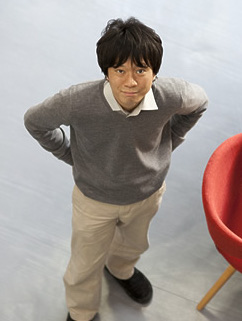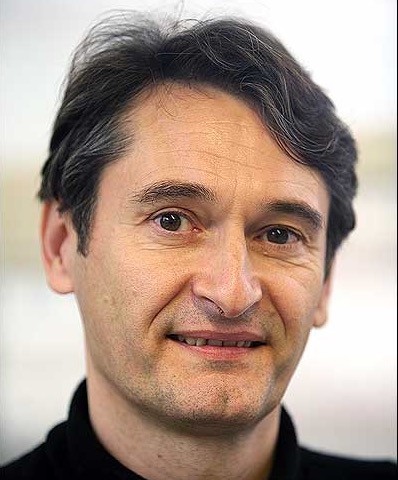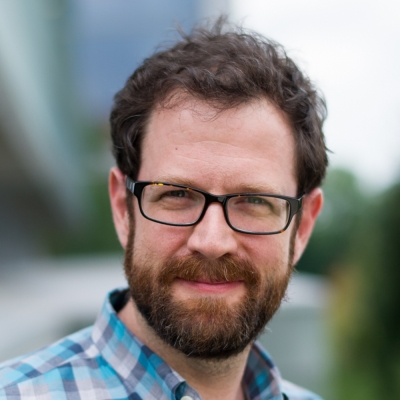The most open and sharing labs on OpenNeuro (August 2019 – February 2020)
We are excited to announce the standings of our biannual Hall of Fame! This Hall of Fame recognizes neuroimaging labs that have shared the most datasets between August 2019 and February 2020. If you have data you would like to share, please consider sharing it on OpenNeuro!
1st place
Memory and Decision Making Lab
The Memory and Decision Making Lab led by Dr. Brock Kirwan has shared 3 datasets: Dr. Kirwan is an Associate Professor in the Psychology department at Brigham Young University. The Memory and Decision Making Lab is interested in the brain mechanisms that allow one to recall the past and later leverage that memory to steer future decisions.
2nd place
Section on Functional Imaging Methods
The Section on Functional Imaging Methods led by Dr. Peter Bandettini has shared 2 datasets: Dr. Bandettini is the Chief of the Section on Functional Imaging Methods and Director of the Functional Magnetic Resonance Imaging Core Facility at the National Institute of Mental Health. The Section on Functional Imaging Methods aims to better understand and extract neuronally-relevant (and later clinically-relevant) signal from MRI images and fMRI time series data.
VisAGeS Team
The VisAGeS Team led by Dr. Christian Barillot has shared 2 datasets: Dr. Barillot is the team leader of the VisAGeS Team at IRISA and CNRS. The VisAGeS Team’s central goal is to develop brain imaging biomarkers for diseases with a focus on translational applications.
Grandjean Lab
The Grandjean Lab led by Dr. Joanes Grandjean has shared 2 datasets: Dr. Grandjean is an Assistant Professor in the departments of Radiology and Nuclear Medicine and Cognitive Neuroscience at Radboud University. The Grandjean lab utilizes high-field MRI of animal models of affective and neurodegenerative diseases to identify mechanisms that represent neuronal network dysfunction similar to those seen in associated human patient populations. This is the second appearance by the Grandjean Lab in our Hall of Fame.
Nishimoto Lab
The Nishimoto Lab led by Dr. Shinji Nishimoto has shared 2 datasets: Dr. Nishimoto is a Senior Researcher in the Center for Information and Neural Networks at the National Institute of Information and Communications Technology. The Nishimoto Lab investigates the quantitative understanding of visual and cognitive processing through modeling and decoding of brain activity given a naturalistic stimulus.
The Princeton Computational Memory Lab
The Princeton Computational Memory Lab led by Dr. Ken Norman has shared 2 datasets: Dr. Norman is a Professor in the Computational and Theoretical Neuroscience, Psychology, and Neuroscience departments and Chair of the Psychology department. The Princeton Computational Memory Lab examines how the brain learns and remembers by developing computational models taken from a diverse set of research designs and methods. This is the third appearance by the Princeton Computational Memory Lab in our Hall of Fame.
We offer a google sheet that captures metadata information for every publicly shared dataset, which was used to construct this list. If we have missed something, please let us know! If your lab has historical data, consider sharing and help your lab be part of our next Hall of Fame rankings! If you have any questions please feel free to reach out to Franklin (ffein@stanford.edu)







It’s hard to know what lies ahead and difficult to!
Beyond and Target are trying to sell you stuff.
By this I mean that if you haven’t heard about something from Scripps.
Get no code…
This will establish manageable spheres of mutual accountability and responsibility for oneself, others, and the natural environment,” they articulated, emphasizing that “the pendulum must shift away from the anonymous, individualistic global economy towards revitalized collaboration within bolstered local communities.
Continue reading at:
https://social.technet.microsoft.com/Profile/plataformaguestpost
This will establish manageable spheres of mutual accountability and responsibility for oneself, others, and the natural environment,” they articulated, emphasizing that “the pendulum must shift away from the anonymous, individualistic global economy towards revitalized collaboration within bolstered local communities.
Continue reading at:
https://social.msdn.microsoft.com/Profile/plataformaguestpost